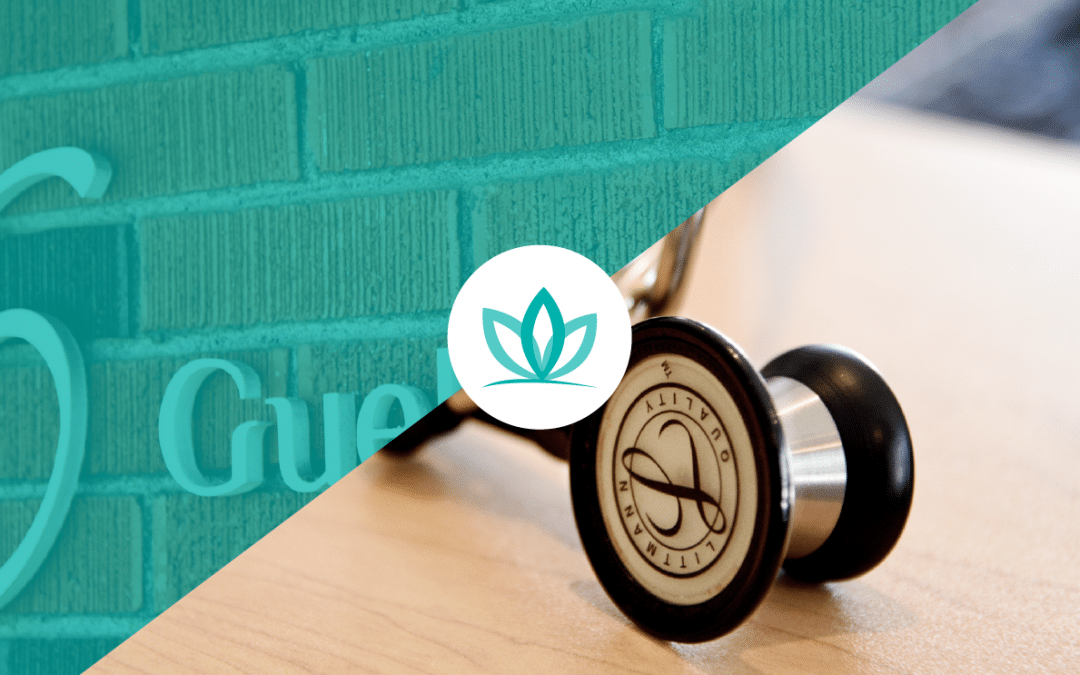By Dr. Nicole Meier, ND
New backpacks and packed lunches are the reality today as we begin another school year. With COVID not entirely in the rear view mirror and allergy season still upon us, you may be wondering how to keep your school-age kids healthy this fall. There are LOTS of lifestyle approaches that will minimize illness and maximize health this school year.
My top five approaches for staying healthy this fall are as follows:
Sleep
It can be difficult to enforce a bedtime rule after a long, lazy summer. The reality is that children sleep up to 90 minutes less per night than they did in 1970! This generation of children are chronically sleep deprived and its wreaking havoc on their health and mood/behaviour. How much sleep does your child need? Children under the age of 6 require 12 hours per night to remain cognitively and immunologically balanced. Children between 6 and 8 require 10-11 hours. 9-11 year olds need approximately 10 hours and over 12 need 9-10 hours. If your child is not able to get up in the morning without numerous reminders, they are not getting enough sleep! The age group where I see the most sleep deprivation is over age 12. Enforce a phone free, cool, dark room for maximum sleep success. Setting a bedtime schedule and routine this fall will benefit the whole family.
Prioritize protein
Dysglycemia (poorly regulated blood sugar) is a common killer of energy and attention in young children. Ditch the sugary cereals and sweet breakfasts for a protein heavy meal and you will see IMMEDIATE improvement in mood and behaviour. Try eggs and turkey sausage or a protein smoothie (reduce protein powders for children under 12 to about 15g/serving). A breakfast burrito is an easy and quick alternative. Greek yogurt, berries and a sprinkle of crunchy low sugar granola is often popular. Many kids are happy to have leftovers for breakfast and this is absolutely fine. Lunches should follow the same rules – ensure an adequate serving of protein to balance blood sugar (and therefore energy and attention) at lunch. Focus on colourful veggies and healthy dips (hummus or yogurt) and save the treats for after school or after dinner. A diet low in colourful vegetables and high in sugar and processed food predicts a large variety of diseases like diabetes, obesity, ADD and cancer. Making a meal plan and eliminating junk in your child’s breakfasts and lunches will make a big difference in their short term and long term health. Pay particular attention to sweet beverages like juice and chocolate milk – which offer no health benefit and contribute to obesity.
Immune fortifying supplements
Vitamin C. Good evidence exists that vitamin C can treat viral illnesses. Most children over 2 years can take 500mg of a chewable or powdered supplement daily. Vitamin C with bioflavanoids can help manage environmental allergies as well (hayfever).
Probiotics. Given that most of your immune system resides in your digestive tract, a healthy microbiome is key for immunity. Probiotics act like tourists in your digestive tract, spending money and improving the economy while they pass through. They can promote the healthy balance needed for a solid immune response. Specific children’s probiotics have strains that are proven to increase immune function.
Vitamin D. Did you know that vitamin D status can predict survival from severe viral illness? Children under 12 can take 400 IU/day and children 12 and up (including adults) 1000 IU/day. I prefer liquid forms that are suspending in oil for best absorption.
Physical activity
Moderation is the key here. Overscheduling with sports can actually lower white blood cell counts and reduce immunity. Moderate daily exercise is what is proven to improve resistance to illness. While it might be tempting to keep you children inside this fall, outdoor air and nature provide a much needed change of pace and scenery. A famous Japanese study found that people who walk in the forest have a significant improvement in their immune cells, over those that walked in urban areas. Daily exercise stimulates healthy immune function and mitigates the risk of obesity – a huge factor in outcomes from viral illness. Many parents are enforcing a walk to school policy and we support this idea fully.
Hygiene
Encouraging handwashing after school will be helpful to prevent viral illness this fall. Keeping your child home from school and out of activities when they are sick gives their immune system a chance to do its job. Sanitize phones and electronic devices regularly as these can harbour lots of bacteria.
Wishing you a safe and healthy return to school this fall!

